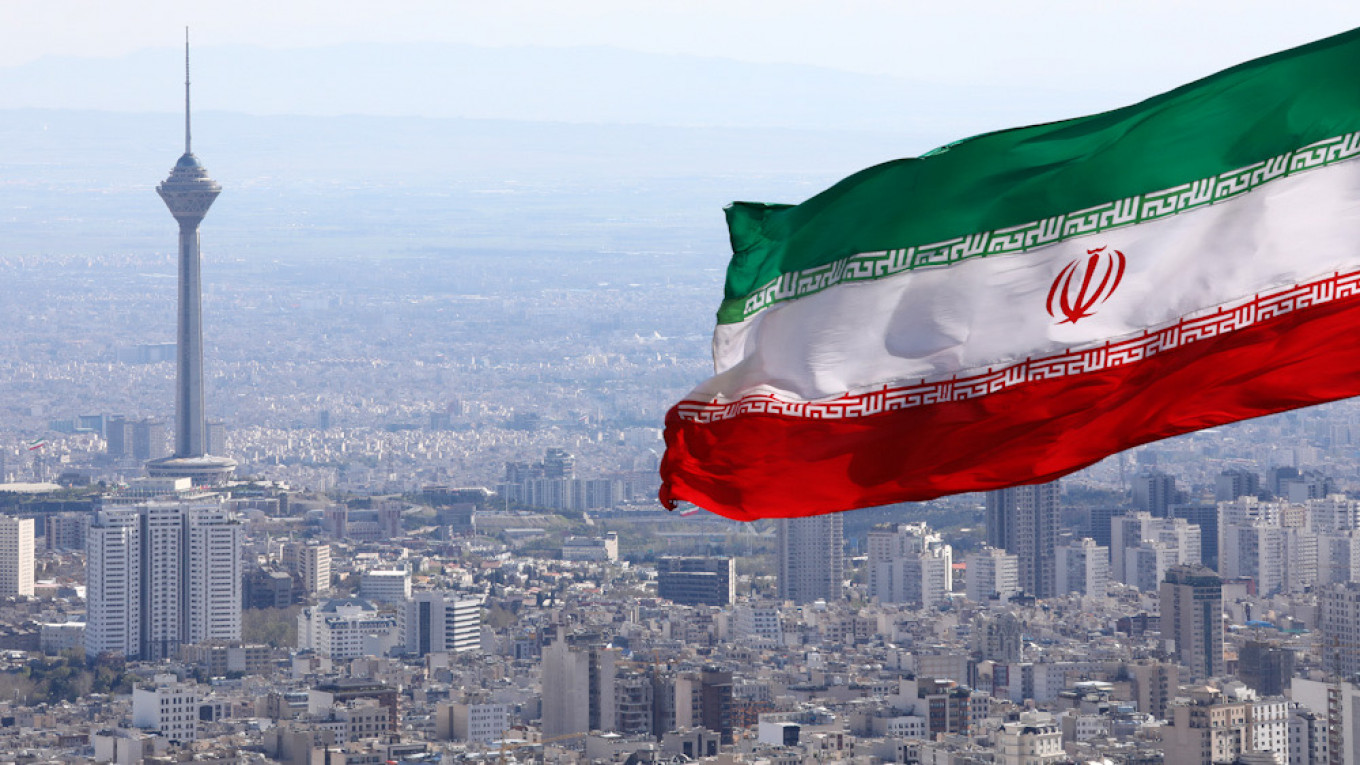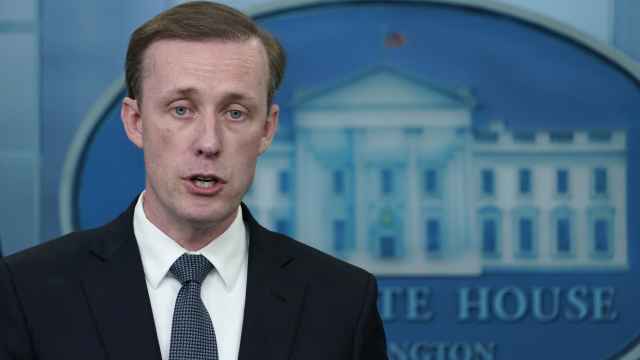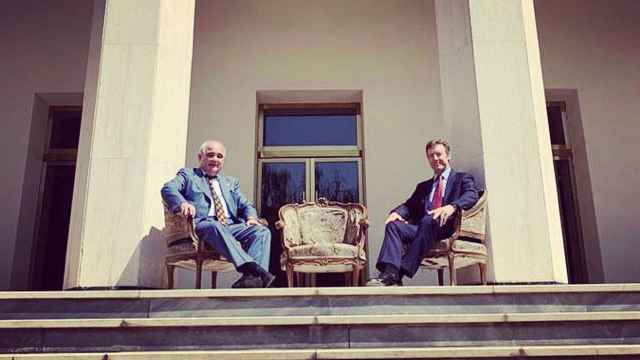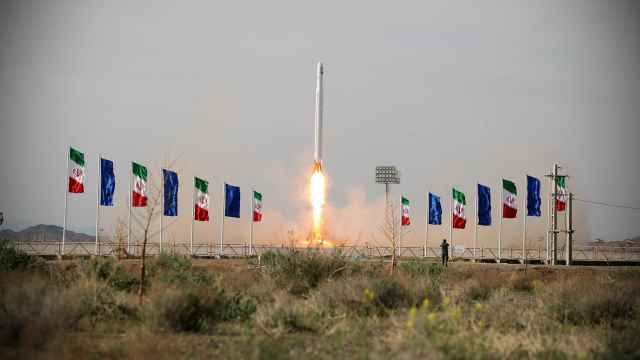Iranian Parliament Speaker Mohammad-Bager Galibaf paid a visit to Russia this week, marking his first foreign trip since assuming the post in May of last year.
Though the visit is unlikely to bring an immediate breakthrough despite Iran’s plans for fast-track membership in the Eurasian Economic Union (EAEU), it will certainly make a long-term imprint on bilateral relations, regional analysts told The Moscow Times.
During his three-day trip to Moscow, Ghalibaf engaged with top Russian officials and relayed a special message from Iran’s Supreme Leader Ali Khamenei to Russian President Vladimir Putin while meeting with State Duma Speaker Vyacheslav Volodin who initiated his Iranian counterpart's visit to Moscow.
Though the message to Putin underlined the seriousness of Iran’s intentions regarding Russia, Ghalibaf’s visit as a whole falls short of a strategic breakthrough, Adlan Margoev, an analyst at MGIMO University’s Institute for International Studies, told The Moscow Times.
“Only a formal visit by a head of state, and nothing less than that, could mark a new milestone in bilateral relations,” said Margoev.
The head of Russia's Center for Contemporary Iranian Studies Rajab Safarov, on the contrary, warned against dismissing the visit as “insignificant,” stressing that Ghalibaf is one of the key figures in Iran’s political hierarchy whose personal assessments could have consequences for the wider state of bilateral relations.
“It was definitely an important event that could give a new impetus to Russia-Iran relations,” Safarov said.
Pierre Razoux, a regional analyst and academic director at the Mediterranean Foundation of Strategic Studies (FMES) think tank, echoed Safarov's comments.
“As chairman of the Iranian Parliament and putative candidate in the June 2021 presidential election, it is a way for Ghalibaf to strengthen his international posture,” Razoux said.
EAEU membership
Following his visit, Ghalibaf signaled Iran’s plans to soon expand its role as an EAEU trade partner to permanent membership. While Russia and other Union members have yet to confirm the plans, experts believe them to be more realistic than not.
“It has been a year since the free trade agreement with Iran was signed and it turned out extremely beneficial for Iran in all areas of cooperation,” Safarov explained.
From the legal side, the EAEU charter does not contain any language that would prevent Iran from “catalyzing” a fast-track membership.
“If the EAEU countries decide to admit a new member, especially the one like Iran that has proven to be a rational and reliable partner, then it is obvious that it will happen.”
MGIMO’s Adlan Margoev warns that despite Iran’s ambitious plans, full membership requires a “tremendous amount of work.”
“Even ex-Soviet countries that inherited economic, linguistic, legal and other elements required for full EAEU integration were preparing for several years. It is hard to imagine that Iran could do it so quickly and efficiently.”
Whether it takes months or years, experts agree that Iran’s EAEU membership would bring a positive change of relations between Moscow and Tehran and could, perhaps, amount to a diplomatic success for Russia.
Razaoux, however, warns that for Tehran, EAEU membership is more than a simple “rapprochement with Russia.”
“It is also a benchmarking strategy to get a better deal, whether it's with Beijing, Moscow or Washington. At the end of the day, the Iranians, even the very conservative ones close to Islamic Revolutionary Guard Corps, do not want to fall into Russia’s or China’s baskets.”
A Message from The Moscow Times:
Dear readers,
We are facing unprecedented challenges. Russia's Prosecutor General's Office has designated The Moscow Times as an "undesirable" organization, criminalizing our work and putting our staff at risk of prosecution. This follows our earlier unjust labeling as a "foreign agent."
These actions are direct attempts to silence independent journalism in Russia. The authorities claim our work "discredits the decisions of the Russian leadership." We see things differently: we strive to provide accurate, unbiased reporting on Russia.
We, the journalists of The Moscow Times, refuse to be silenced. But to continue our work, we need your help.
Your support, no matter how small, makes a world of difference. If you can, please support us monthly starting from just $2. It's quick to set up, and every contribution makes a significant impact.
By supporting The Moscow Times, you're defending open, independent journalism in the face of repression. Thank you for standing with us.
Remind me later.








